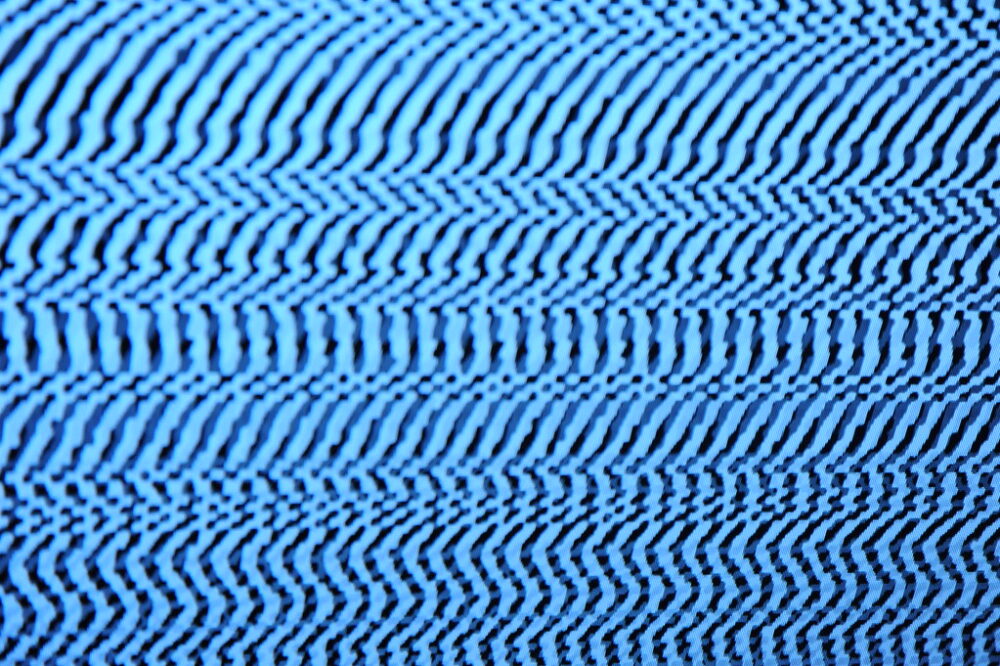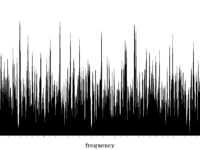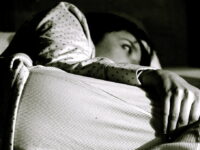Over time, people have developed countless tips and tricks for falling and staying asleep through the night. Counting sheep, yoga, meditation, reading, watching ASMR videos, melatonin, and essential oils …
While some of these methods may work temporarily, they may not be the solution to long-term sleeping problems. All of these strategies share a common goal of creating a comfortable and soothing sleep environment and routine. Some may turn to various calming sounds to help them fall asleep, but the simplest solution may be the most beneficial: white noise.
White noise is a sound that contains all audible frequencies of sound in an equal measure. The noise sounds similar to TV static or a quiet fan and may have a soothing effect on the brain. White noise works by acting on the Theory of Auditory Masking. This theory states that the detectability of sound is determined by the ratio of constant, consistent auditory stimuli to new auditory stimuli. Basically, the brain is more likely to pay attention to newer, recent noises than constant, older ones. The consistent humming of a white noise generator drowns out unwanted background noise by dominating new, noisy stimuli. Although it has been demonstrated to be beneficial in many situations, white noise works best when its ambient sound is louder than the disruptive surrounding noise.
“Some may turn to various calming sounds to help them fall asleep, but the simplest solution may be the most beneficial: white noise.”
White noise has been proven to improve sleep for those that suffer from related disorders. Environmental sleep disorder is common in metropolitan areas and is caused by excess noise in one’s environment. When tested on adults living in New York City, white noise decreased sleep latency, the time it takes a person to fall asleep. White noise was also effective at decreasing the chances of waking after sleep onset (WASO), the amount of times one wakes up during the night. This shows that white noise may be a beneficial tool for falling and staying asleep through the night.
During this study, researchers set the sound at different volumes depending on the distance between the source of the white noise and the participant’s ears. When the white noise machine was 12 feet away from a participant, it was set to provide 61.5 Dba of sound. Dba is a decibel measurement adjusted to describe the hearing range of the human ear. A DBa of 60 is about the same volume as a normal conversation and not harmful or irritating to the ears. At six feet apart, the machine was set to provide 52.7 Dba, about the same volume as rainfall. While the Theory of Auditory Masking states that white noise is most effective when louder than outside stimuli, it does not have to be and should not be that loud. The average car horn is 110 Dba, which is more than double the recommended volume of a white noise machine located 2 yards away.
“…white noise may be a beneficial tool for falling and staying asleep through the night.”
Approximately one in three American adults experience sleep deprivation due to increased sleep latency and WASO. Children experience this at similar rates. White noise is an effective resource for virtually anyone suffering from disordered sleep due to any condition, from infants to critically ill patients. Newborns and infants were found to have reduced sleep latency due to the effects of white noise. Researchers at the British Association of Critical Care Nurses found that white noise decreased WASO and improved sleep quality in critically ill patients in a hospital in the port city of Mangalore, India.
White noise machines provide the best quality white noise but are not always cost-efficient since they can cost up to $100. Fortunately, white noise apps or even YouTube videos are just as useful and effective. Getting enough sleep is essential for developing a healthy mind and body. Not getting enough sleep can often lead to various physiological detrimental effects and decrease quality of life overall. When utilizing white noise, a little bit goes a long way. The ambient humming of a white noise machine may be a lifesaver for anyone that regularly experiences sleep deprivation. So if you find yourself struggling to fall asleep, try listening to the tranquilizing lullaby-like sound of white noise.





